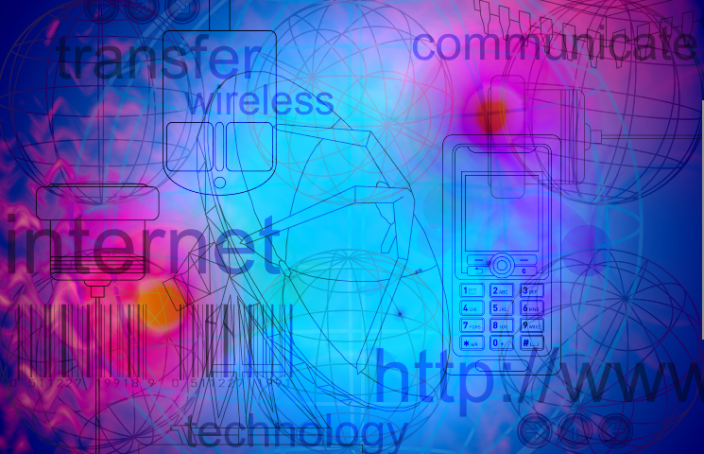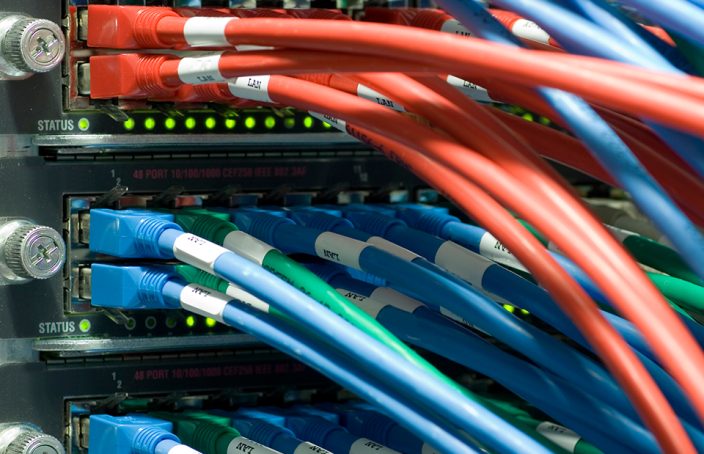Privacy Pandemic: Australians Losing Trust in Institutions’ Use of Their Data
By Cameron Abbott, Rob Pulham, Max Evans and James Gray
In the age of QR code check-ins and vaccination certificates, as Australia edges towards a post-pandemic (or mid-pandemic, it increasingly seems) “normal”, new research from the Australian National University (ANU) has revealed that Australians have become less trusting of institutions with regards to data privacy.
The ANU researchers said that the decrease in public trust between May 2020 and August 2021 was small but “statistically significant”. A key reason for this decrease, according to the researchers, was concern around “how their private data from check-in apps might be used by major institutions” as lockdowns and the use of apps for contact tracing intensified.
The institutions which experienced the greatest loss of trust were social media companies (10.1% decline), telecommunications companies, and federal, state and territory governments. This echoes sentiment from the OAIC following its recent ‘community attitudes to privacy’ survey that Australians trust social media companies the least when it comes to handling personal information, followed by the government.
While it remains to be seen whether this loss of trust becomes a permanent trend, one way to make Australians more comfortable with an organisation’s data practices – as reinforced by the OAIC – is to ensure the purpose of the collection and use of personal information is clearly understood. The OAIC has found that Australians are increasingly questioning data practices where the purpose for collecting personal information is unclear.
With increased penalties for privacy non-compliance looming, there’s never been a better time to revisit your privacy policies and collection statements to make sure that these are clear, so your organisation can stand out against this trend and build consumer trust.







